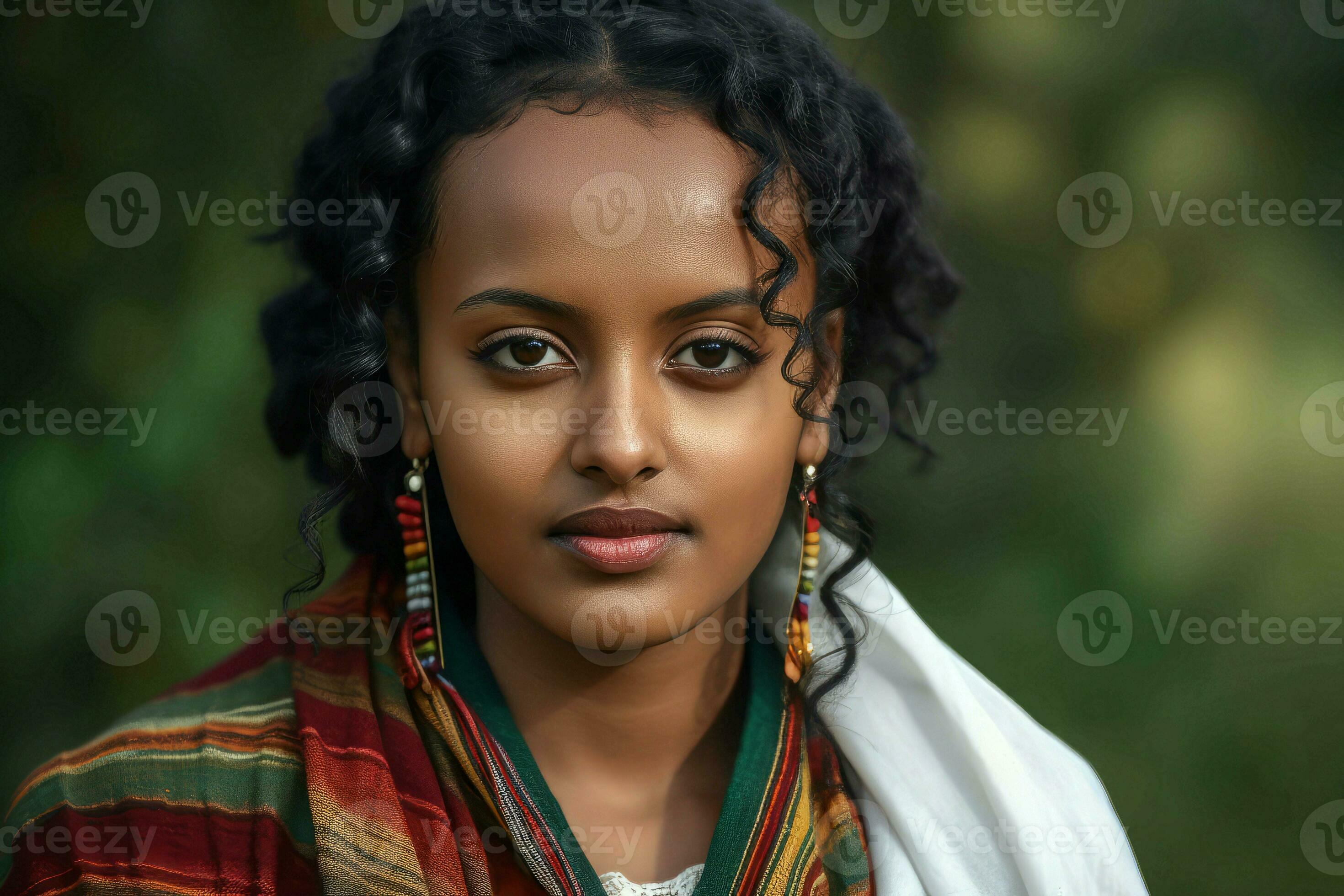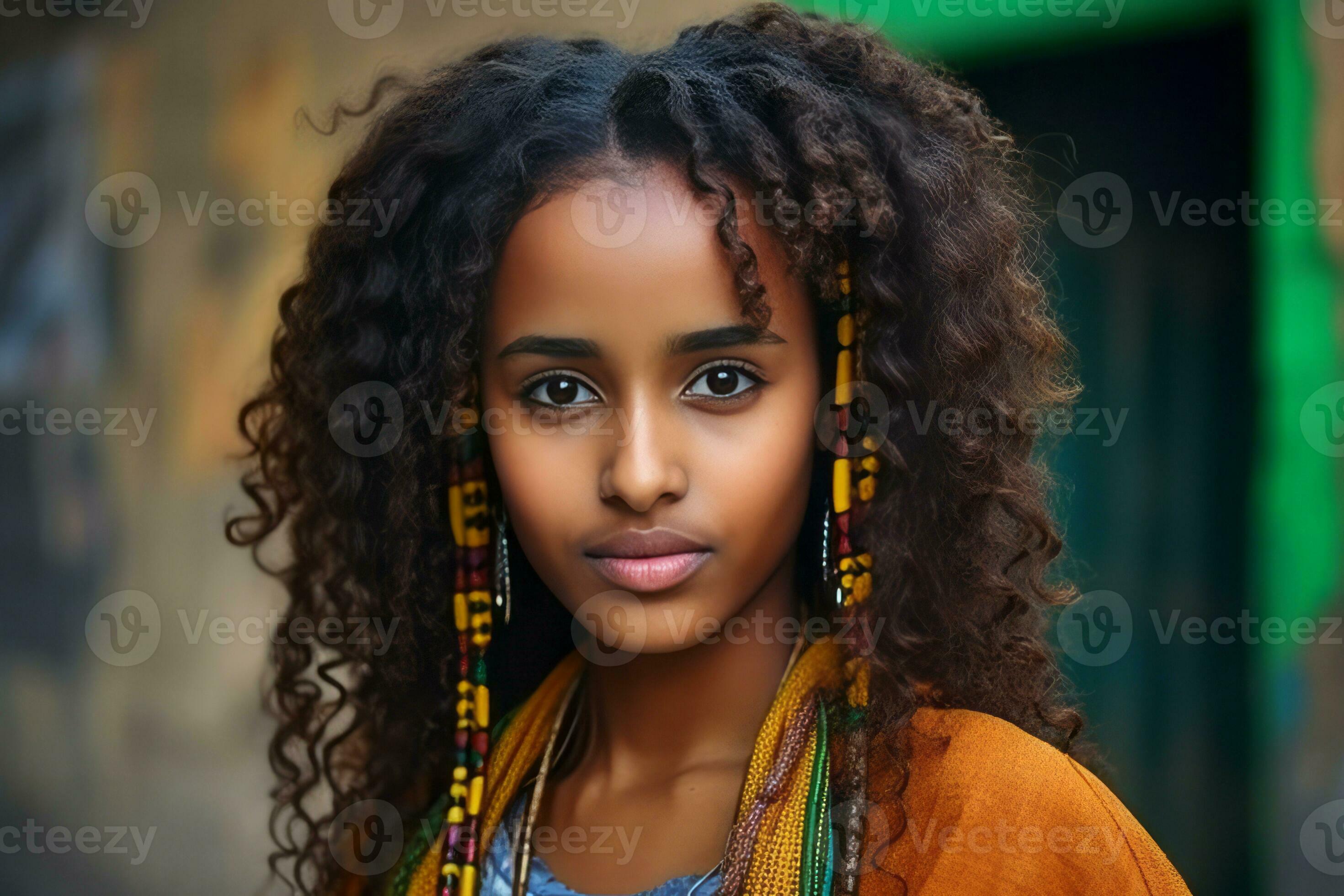Ethiopian Women: Progress, Challenges & Culture | Latest Insights
Can a nation's progress truly flourish while half its population faces systemic challenges and inequities? The story of Ethiopian women reveals a complex tapestry of resilience, tradition, and a relentless pursuit of equality, a narrative crucial to understanding the country's past, present, and future.
Ethiopia, a land of ancient history and diverse cultures, presents a multifaceted reality for its women. This reality is a blend of historical burdens, cultural expectations, and evolving opportunities. While the nation has witnessed strides in empowering women, significant hurdles persist. According to data from UNICEF, Ethiopia grapples with a particularly stark challenge: 25 million girls and women have undergone Female Genital Mutilation (FGM), the largest absolute number in Eastern and Southern Africa. This statistic underscores the deep-rooted impact of tradition and the urgent need for comprehensive interventions.
In February 2024, a positive sign emerged, with women holding 41.3% of the seats in parliament. This is a testament to the increasing recognition of women's vital role in the country's political landscape. However, the path to true equality is paved with more than just representation. As the 2021 Global Gender Gap Report (GGGR) indicated, while Ethiopia has made some advancements, the country still ranks 97th out of 156 countries. A decline in political empowerment, evidenced by a decrease in the percentage of women in ministerial positions, highlights the need for continued efforts to ensure that women have meaningful power and influence within the government.
| Aspect | Details |
|---|---|
| Key Challenges | Female Genital Mutilation (FGM), Child Marriage, Gender-Based Violence, Limited access to education and healthcare in certain regions, Traditional gender roles. |
| Political Representation | 41.3% of seats in parliament held by women (as of February 2024). The percentage of women in ministerial positions has fluctuated. |
| Legal and Social Initiatives | Ethiopian Women Lawyers Association (EWLA) provides free legal aid. Numerous agreements and charters signed in support of Women's Rights. |
| Cultural Influence | Traditional gender roles and social norms. Growing acceptance of progressive ideas. |
| Notable Women | Tirunesh Dibaba (athlete), Mary Armade (historical figure), Helen Alemayehu Gelan, and many more. |
| Gender Equality Ranking | Ranked 97th out of 156 countries in the 2021 Global Gender Gap Report. |
| Economic Opportunities | Access to schooling and employment, despite existing traditional practices. |
| Legal Frameworks | Signed and ratified several regional and international agreements like CEDAW and the Beijing Declaration. |
Source: UNICEF Ethiopia
Ethiopian women navigate a complex duality, often balancing the weight of tradition with the allure of modernity. While there's a growing acceptance of progressive ideas, many still adhere to traditional gender roles and social norms. This can manifest in various ways, such as an Ethiopian woman advocating for women's rights and education while simultaneously upholding cultural expectations within her community. This intersection of tradition and progress shapes their experiences and aspirations.
One of the most challenging aspects of the lives of Ethiopian women is the persistence of Female Genital Mutilation (FGM). The practice has a long history in Ethiopia, and while there are ongoing efforts to combat it, the reality remains that 25 million women and girls have experienced FGM. The risk and nature of FGM can vary significantly depending on an individual's background, including the specific ethnic group and the location where they live. This harmful practice is linked to significant physical and psychological health risks, highlighting the need for sustained education and targeted interventions.
The Ethiopian Women Lawyers Association (EWLA) stands as a beacon of hope and empowerment. Established to address the inequalities women face in the legal system, EWLA has provided free legal counseling and related services to over 100,000 women. This commitment to justice is vital, particularly in a society where traditional practices and societal norms can create significant legal and social barriers.
The contributions of Ethiopian women are often overlooked, but their impact on the nation's history and culture is undeniable. As pointed out by Ayalew, women like Mary Armade have been active participants in historical events and the formation of Ethiopian culture. Their roles have spanned from administrators and warriors to influential figures in various social spheres. Documenting and recognizing these contributions is crucial to crafting a more complete understanding of the nation's history.
Ethiopia's rich history is a treasure trove of inspiration. Ethiopian distance runner Tirunesh Dibaba is a prime example. In 2003, at the age of 18, she became the youngest female world champion in the world and is also the first female to win the Olympic 5,000m/10,000m double. Such achievements not only bring pride to the nation but also serve as a powerful motivation for young women and girls across the country.
The entrepreneurial spirit is alive and well within Ethiopian women, as evidenced by the growth of organizations such as the Ethiopian Women Entrepreneurs Association and the Ethiopian Midwives Association. These groups foster collaboration, provide support, and empower women in various fields. They play a crucial role in driving economic growth and improving the quality of life for women and their communities.
The impact of women extends to all aspects of Ethiopian life. From the names given to newborns, which reflect the rich cultural heritage of the country, to the contributions of female writers sharing their stories, women are playing a vital role in shaping Ethiopia's narrative. As one author shares, writing shows the commitment that an individual takes to claim herself as a person of words.
The government has undertaken major reforms to strengthen women's political empowerment. It has signed and ratified international agreements. These initiatives, coupled with the visibility of women in leadership positions, signal a commitment to creating a more equitable society. However, challenges remain, as incidents of gender-based violence continue to occur. The tragic loss of life, as highlighted by incidents where women were intentionally killed because of their gender, underscores the urgent need to address these issues.
The beauty and charisma of Ethiopian women are widely recognized, attracting the attention of people worldwide. Many are known for their striking features, from high cheekbones to wide eyes. Whether one is seeking a life partner or simply interested in understanding Ethiopian culture, it's clear that Ethiopian women play a vital role in the country's identity. There are several factors to keep in mind when dating Ethiopian women. In a relationship, transparency, respect for traditions, and an open mind can greatly help build a strong bond with Ethiopian women.
Ethiopia offers so much to see and do with its stunning scenery, varied architecture, delectable cuisine, and rich history. Ethiopian women are often described as exotic, passionate and playful. The culture is incredibly welcoming, and the chance to meet and develop a connection with an Ethiopian woman is an excellent one.
When Ethiopia's new ministers took their oath of office in October 2018, the occasion captured the world's attention. This was a pivotal moment, emphasizing the increasing significance of women in Ethiopian politics.
The story of Helen Alemayehu Gelan is an example of the diverse experiences of Ethiopian women. She described herself as honest, romantic, and a hard worker. Information about her includes her birth date of October 30, 1989, her Ethiopian nationality, her single marital status, and her place of birth, Addis Ababa.
The contributions of Ethiopian women, both historically and in the present, are frequently undervalued. However, their contributions are undeniable, whether they are involved in historical events, influencing society or pursuing artistic careers.
Across recent years, Ethiopia has achieved noteworthy strides in advancing gender equality on various fronts. It has signed and ratified several core regional and international agreements relating to womens and girls rights, including, among others, CEDAW, the United Nations Convention on the Rights of the Child, the Beijing Declaration and Platform for Action, the African Charter.


